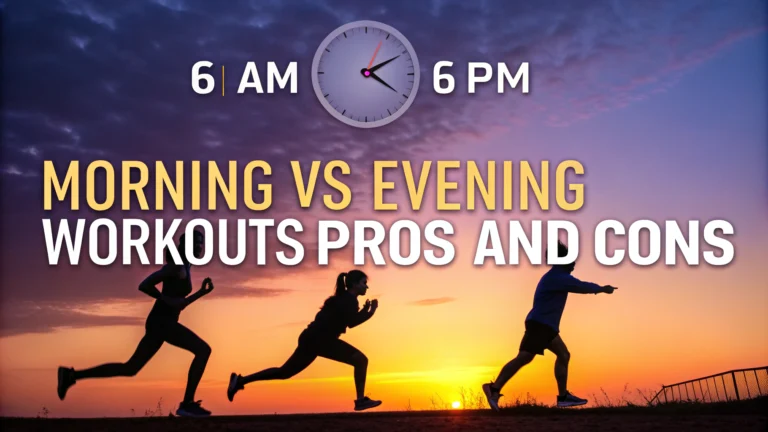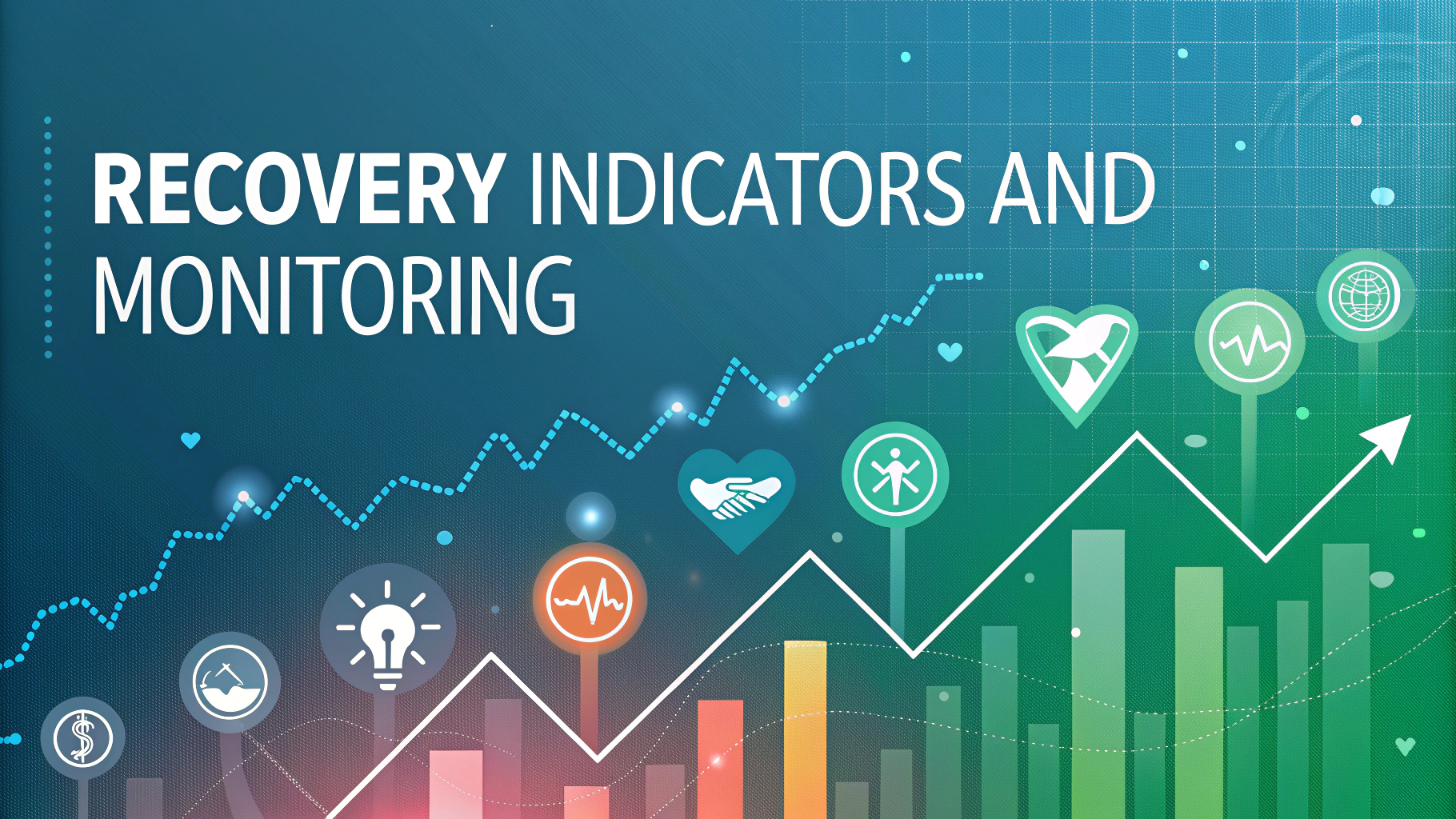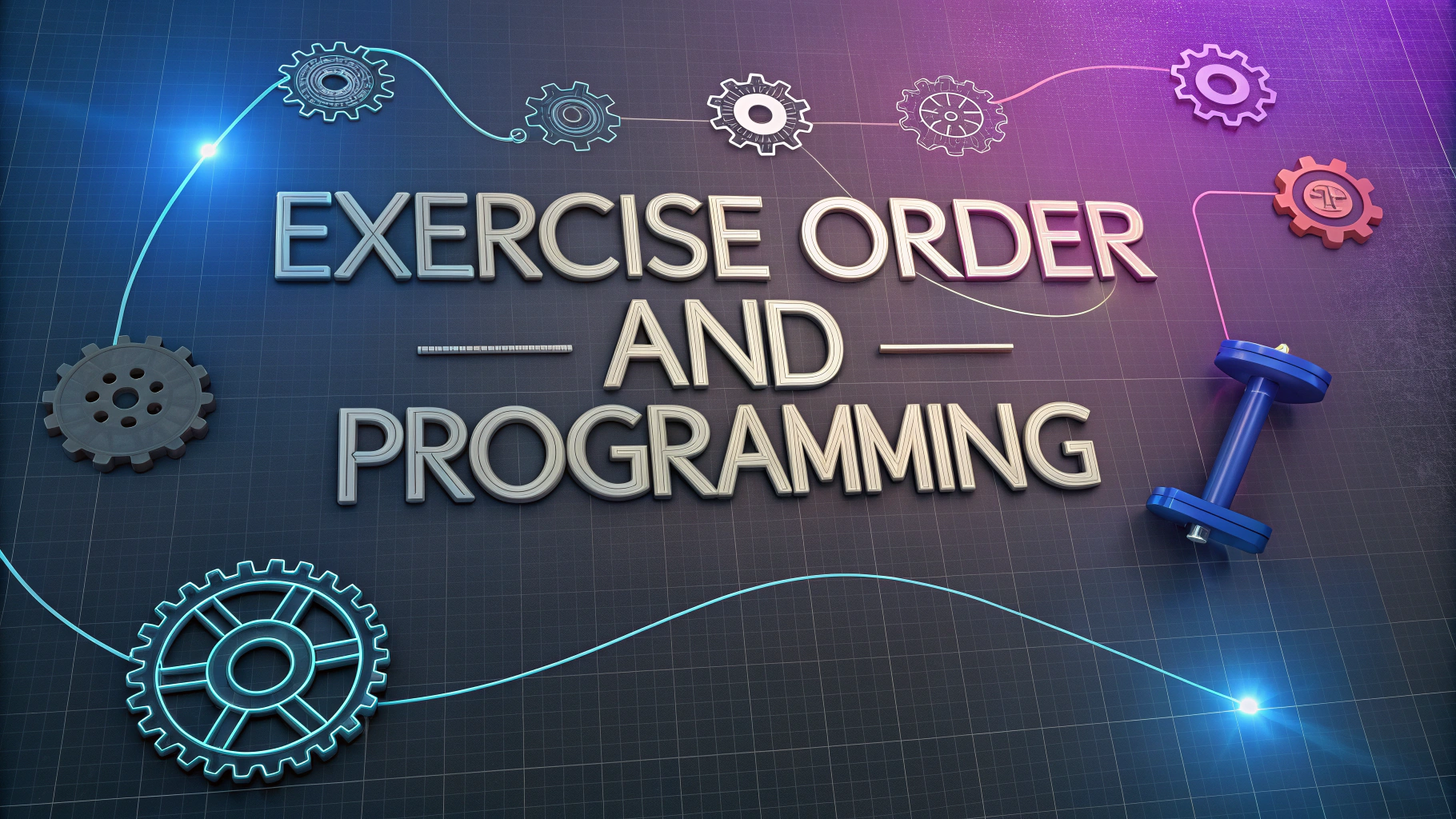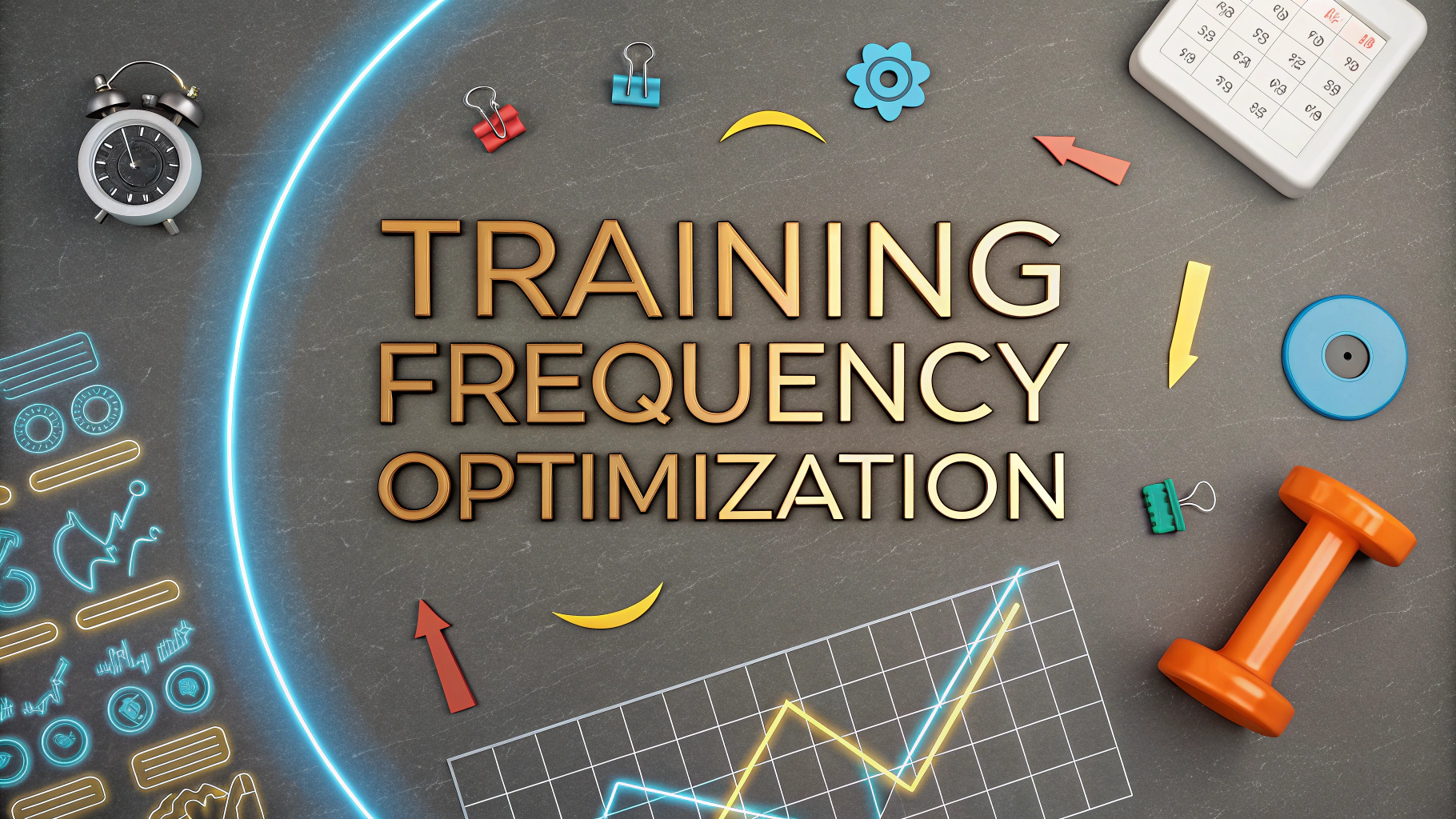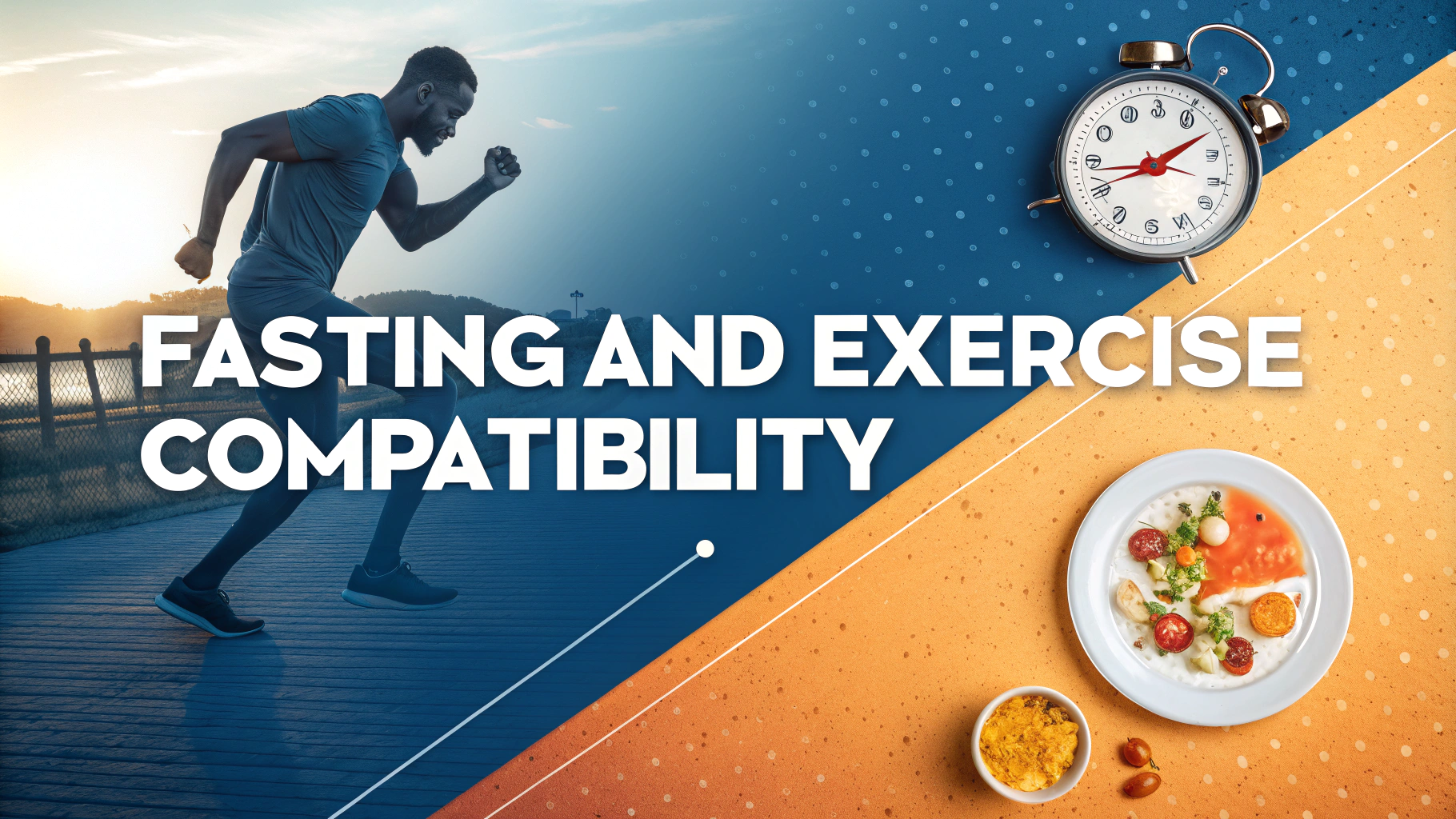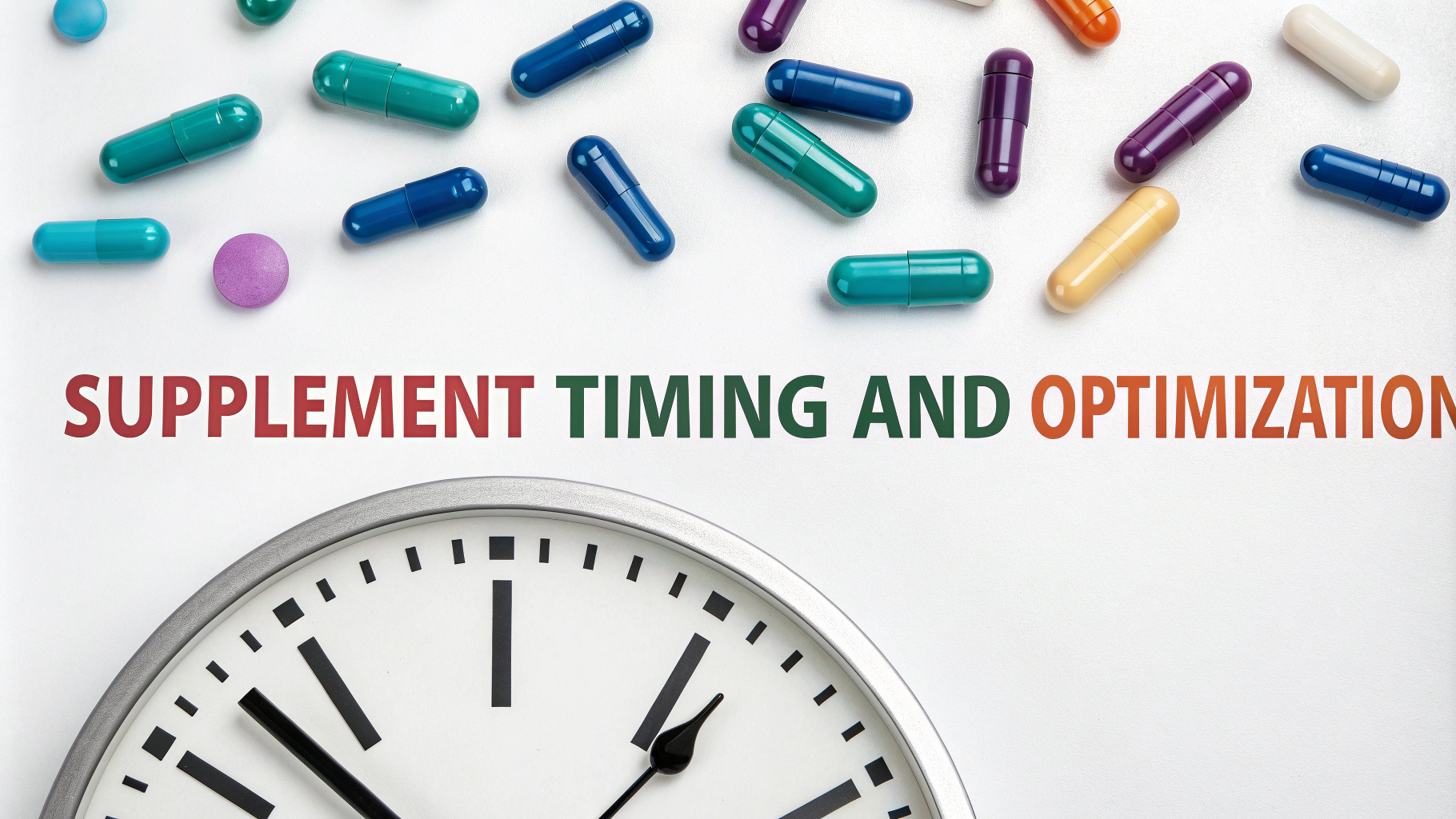The choice between morning and evening workouts can significantly impact your fitness results and overall wellness routine.
Morning Workout Benefits
- Higher Fat Burning: Working out on an empty stomach may increase fat oxidation
- Better Focus: Exercise releases endorphins that enhance mental clarity for the day ahead
- Fewer Distractions: Gyms are typically less crowded in the early hours
- Consistent Schedule: Morning routines face fewer interruptions from work or social obligations
Morning Workout Drawbacks
- Lower Body Temperature: Muscles are stiffer and require more warm-up time
- Reduced Energy: Glycogen stores are depleted after overnight fasting
- Sleep Impact: Early workouts might require adjusting bedtime for adequate rest
Evening Workout Benefits
- Peak Performance: Body temperature and muscle function are optimal in late afternoon
- More Energy: Food consumed throughout the day provides fuel for intense sessions
- Stress Relief: Exercise can help decompress after a workday
Evening Workout Drawbacks
- Schedule Conflicts: Work and social commitments may interfere with workout plans
- Crowded Facilities: Gyms often reach peak capacity after work hours
- Sleep Disruption: High-intensity exercise close to bedtime might affect sleep quality
Quick Tips for Both Times
- Morning: Prepare workout clothes the night before
- Morning: Have a light snack if needed (banana or protein shake)
- Evening: Pack gym bag in advance to avoid skipping
- Evening: Finish intense workouts at least 2 hours before bedtime
Making Your Choice
The best workout time aligns with your personal schedule, energy patterns, and fitness goals.
| Choose Morning If | Choose Evening If |
|---|---|
| You’re naturally an early riser | You have more energy later in the day |
| Fat loss is your primary goal | You’re focusing on strength gains |
| You prefer quiet gym environments | You enjoy group fitness classes |
For professional guidance on creating your optimal workout schedule, consult a certified fitness trainer or visit the American Council on Exercise.
Workout Performance Factors
- Hormones: Testosterone levels peak in the morning, while cortisol decreases throughout the day
- Circadian Rhythm: Individual sleep-wake cycles affect energy levels and performance
- Nutrition Timing: Pre and post-workout meal planning varies by workout schedule
Adapting Your Schedule
Transition Tips
- Gradual Shift: Change workout times by 30-minute increments
- Two-Week Trial: Test new schedules for at least 14 days
- Track Results: Monitor energy levels, performance, and recovery
Special Considerations
- Medical Conditions: Some medications may influence optimal workout timing
- Job Schedule: Shift workers should align workouts with their wake cycles
- Climate: Consider temperature variations for outdoor activities
Conclusion
Success in fitness comes from consistency rather than perfect timing. Choose a workout schedule that you can maintain long-term, considering your lifestyle, preferences, and fitness objectives. Remember that your optimal workout time may change as your life circumstances evolve, so remain flexible and willing to adjust your routine when necessary.
Whatever time you choose, maintaining regular exercise habits contributes more to your fitness success than the specific hour of your workout. Listen to your body and adjust accordingly to create a sustainable fitness routine that works for you.
FAQs
- Which is better for fat loss – morning or evening workouts?
Both can be effective for fat loss. Morning workouts may enhance fat burning due to fasted state and higher cortisol levels, while evening workouts can benefit from higher body temperature and muscle strength, leading to more calories burned during exercise. - Do morning workouts interfere with sleep quality?
Morning workouts typically improve sleep quality by reinforcing natural circadian rhythms. They can help you fall asleep easier at night, provided you maintain a consistent sleep schedule. - Are evening workouts more likely to cause insomnia?
High-intensity evening workouts performed within 1-2 hours of bedtime may disrupt sleep for some people due to elevated body temperature and adrenaline levels. However, moderate exercise 3-4 hours before bed usually doesn’t affect sleep quality. - When is muscle strength at its peak during the day?
Muscle strength and power typically peak in the late afternoon to early evening (between 2-6 PM), when body temperature is highest, making it potentially better for strength training and performance. - Should I eat before a morning workout?
It depends on workout intensity and personal preference. Light exercises can be done fasted, but high-intensity workouts usually benefit from a small pre-workout meal to maintain energy and prevent muscle breakdown. - Which time is better for injury prevention?
Evening workouts may have a slight advantage for injury prevention because body temperature is higher and muscles are more flexible. Morning exercisers should spend extra time warming up. - Do morning workouts boost metabolism more than evening sessions?
While both timing options boost metabolism, morning workouts may lead to slightly higher post-exercise calorie burn (EPOC) throughout the day, especially when performed on an empty stomach. - Which workout time is better for muscle building?
Evening workouts may have a slight advantage for muscle building due to higher testosterone levels, better muscle strength, and peak protein synthesis rates. However, consistency matters more than timing. - Are morning workouts better for establishing a routine?
Morning workouts often have higher adherence rates as they face fewer scheduling conflicts and distractions. However, the best time is whenever you can consistently maintain your routine. - Which workout time is better for hormone optimization?
Morning workouts align better with natural cortisol peaks and can help regulate circadian rhythms, while evening workouts coincide with higher testosterone levels and growth hormone production.
